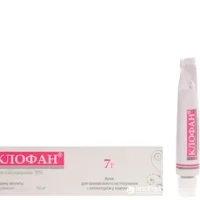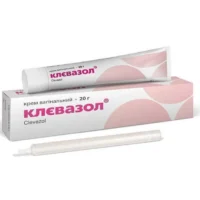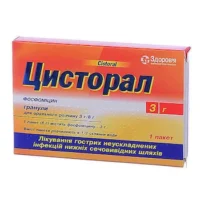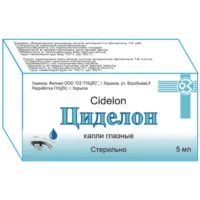Description
Streptomycin (Streptomycin) Powder for Solution for Injection 0.5 g. №1 Vial
Ingredients:
- Each vial contains 0.5 g of streptomycin.
Dosage:
The dosage should be determined by a healthcare professional based on the condition being treated. Streptomycin is typically administered via intramuscular or intravenous injection.
Indications:
- Streptomycin is commonly used to treat tuberculosis and other bacterial infections.
Contraindications:
- Do not use streptomycin if you are allergic to it or have kidney issues.
Directions:
Follow the instructions provided by your healthcare provider for the correct administration of streptomycin. Do not exceed the recommended dosage.
Scientific Evidence:
- Studies have shown streptomycin to be effective in the treatment of various bacterial infections, especially tuberculosis.
Additional Information:
It is important to complete the full course of streptomycin as prescribed by your healthcare provider to ensure the best possible outcome. Monitor for any side effects and report them to your doctor promptly.





